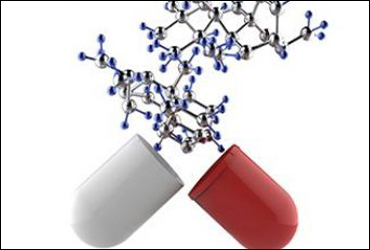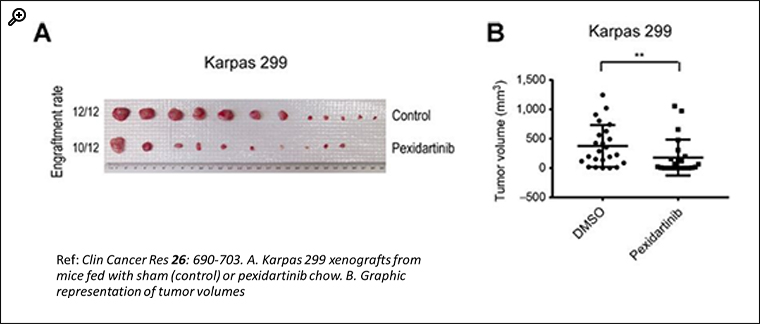Impact of AACR-Bayer Partnership
The AACR and Bayer have been collaborating since 2015 to support the most promising and innovative cancer-focused research through different grant mechanisms. This partnership has yielded significant fruits, as indicated below.
The AACR-Bayer Innovation and Discovery Grants promote the key tenets of the Bayer Grants4Targets™ Initiative, providing new treatment options for cancers with high unmet medical need, encouraging innovation and translation of ideas from basic research into novel drugs. These grants support basic, translational, and/or clinical research projects that examine important and druggable novel targets and/or biomarkers.

The following are targets that have been shown to be promising through these grants:
- DKK3 in pancreatic cancer: 2016 grant recipient Rosa Hwang and her group showed how depletion of stromal-derived Dickkopf-3 (DKK3), either through genetic means or through a neutralizing antibody, increased response to immune checkpoint antibodies, at least in vivo.
- Serpine I/Plasminogen activator-I (PAI-I): Extravascular fibrin that leaks from tumor-associated blood vessels serve as scaffolds for invasive cancer cells. Serpine I/PAI-I inhibits fibrin degradation; PAI-1 inhibitors have been shown to inhibit the growth of some tumor types. 2017 grant recipient Andrew Dudley and his group showed that downregulating Serpine-I/PAI using miR-30c mimics promoted fibrinolysis and inhibited tumor growth in vivo.
- Sirtuin 5 (SIRT5) in melanoma: 2017 grant recipient David Lombard and his research group demonstrated that SIRT5, which contributes to the regulation of histone acetylation levels in cutaneous and uveal melanoma cells, was required for melanoma cell growth and survival. Key SIRT5-dependent genes include the melanoma lineage-specific survival oncogene MITF and the c-MYC proto-oncogene. Given the role of SIRT5 in melanoma cell survival and the benign consequences of Sirt5 knockout (at least in mice), Dr. Lombard and his colleagues proposed that SIRT5 may be a good therapeutic target. This is particularly good news for metastatic uveal melanoma patients for whom there are currently no effective treatment options.
- CSF1R in T-cell lymphoma: 2017 grant recipient Ryan Wilcox and his research group showed that colony-stimulating factor 1 receptor (CSF1R) is aberrantly expressed in cutaneous and peripheral T-cell lymphomas. CSF1R activation promotes the growth and survival of T-cell lymphoma cells.
They demonstrated that exposing these cancer cells to a CSFR1 inhibitor PLX3397/ pexidartinib induced cell death in vitro and in vivo. Pexidartinib is FDA approved for treatment of adult patients with tenosyvial giant cell tumor. It is currently being studied in different clinical trials, either as a single agent or in combination. In addition, CSFR1 small molecule inhibitors and anti-CSFR1 antibodies continue to be explored as therapeutics.

The AACR-Bayer Fellowship and Stimulating Therapeutic Advances through Research Training (START) Grant programs are investing in the next generation of cancer researchers.
- 2017 AACR-Bayer Hepatocellular Carcinoma Fellow Irun Bhan set out to develop liquid biopsy methodologies that can be used for early detection and treatment response monitoring in liver cancer. At least in part through his fellowship, Dr. Bhan developed a methodology of detecting and analyzing hepatocytes in circulation. These circulating epithelial cells can be used in determining benign and malignant liver disease.
- 2018 AACR-Bayer START grant recipient Mark Labrecque shared how the industry experience he received strengthened his ability to think more translationally and collaboratively for his academic research projects, and fostered industry relationships that could facilitate novel avenues of research.